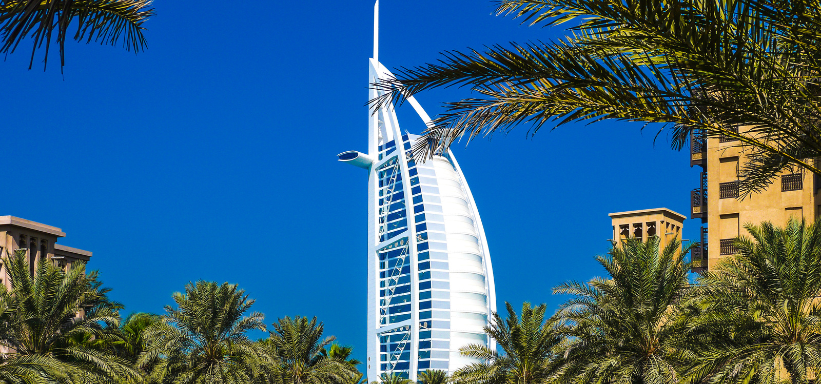Executive Summary
- Explore the importance of sustainable business practices in the UAE.
- Understand the regulatory framework guiding sustainability in UAE operations.
- Discover the benefits and challenges of adhering to sustainability regulations.
- Learn actionable steps for integrating sustainable practices into your UAE business.
- Gain insights from a real-world case study on a successful sustainable business transition.
Introduction
In an era where environmental consciousness is paramount, businesses worldwide are pivoting towards sustainability. The UAE, known for its rapid development and innovation, is no exception. However, navigating the regulatory landscape for sustainable business operations can be challenging.
This article sheds light on the complexities and opportunities within the UAE’s sustainability regulations, offering valuable insights for investors, business owners, and corporate executives aiming to align with global sustainability trends.

The UAE has increasingly prioritized sustainable development, integrating it into its Vision 2021 and beyond. Key regulatory frameworks include:
- The UAE Green Agenda
- The Dubai Clean Energy Strategy
Understanding these frameworks is crucial for businesses aiming to operate sustainably.
Benefits / Pros
- Enhanced Brand Reputation
Companies that adopt sustainable practices often enjoy a stronger brand image and customer loyalty. - Regulatory Compliance
Aligning with sustainability regulations can prevent legal penalties and foster smoother business operations. - Cost Efficiency
Sustainable practices, such as energy efficiency and waste reduction, can lead to significant cost savings over time. - Access to New Markets
Sustainable businesses are increasingly favored by eco-conscious consumers and investors.
Risks / Cons / Challenges
- Initial Investment
Transitioning to sustainable operations can require substantial upfront costs. - Complex Compliance Requirements
Navigating the regulatory landscape can be complex and time-consuming. - Evolving Standards
Regulations and standards for sustainability are continuously evolving, requiring ongoing adaptation.
Step-by-Step Process
How to Align Your Business with UAE Sustainability Regulations
- Conduct a Sustainability Audit
Evaluate your current operations to identify areas for improvement. - Develop a Sustainability Strategy
Outline a plan that aligns with UAE regulations and your business goals. - Implement Sustainable Practices
Integrate energy-efficient technologies, waste reduction programs, and sustainable sourcing. - Engage Stakeholders
Communicate your sustainability goals with employees, partners, and customers. - Monitor and Report
Regularly assess and report on your sustainability efforts to ensure compliance and transparency.
GreenTech Solutions’ Journey to Sustainability
GreenTech Solutions, a UAE-based tech company, embarked on a sustainability journey by adopting solar energy and implementing a comprehensive recycling program.
Impact:
- 30% reduction in carbon footprint
- 15% decrease in operational costs
This showcases the tangible benefits of sustainable practices.
Strategic Insights
- Epiidosis recommends:
Regularly update your sustainability strategy to align with the latest regulations and technological advancements. - Leverage Local Expertise:
Engage with local consultants and sustainability experts who understand the UAE’s regulatory environment.
Resources:
- UAE Sustainability Reporting Guidelines
A comprehensive guide for businesses on best practices in sustainability reporting. - Energy Efficiency Calculator
An online tool to estimate potential savings from energy-efficient upgrades.
Conclusion
Navigating the UAE’s sustainability regulations is essential for businesses seeking long-term success and compliance.
By understanding the regulatory landscape and implementing robust sustainability strategies, companies can enhance their brand image, reduce costs, and contribute to a sustainable future.



